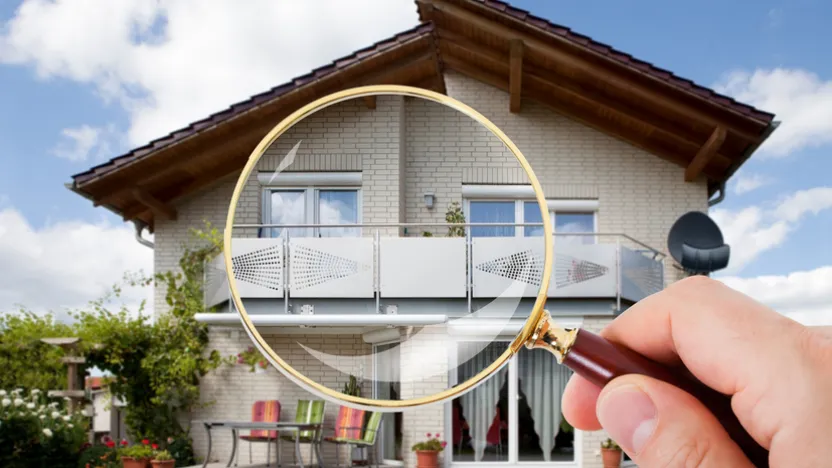We often get asked by our clients whether they should bother with a pre-settlement property inspection. Let’s start by better understanding their purpose.
A young first home buyer signed an agreement to purchase an affordable property. The week before settlement, both her lawyer and the real estate agent advised her that she had the right to to do a “pre-settlement inspection” of the property. She didn’t know what that was.
Under the standard agreement for sale and purchase, if a property is being sold with vacant possession, a purchaser has every right to carry out a presettlement inspection before the settlement date. Ideally, you would do the inspection after the vendor (or tenant) has vacated the property. However, this is not always possible given that often the vendor (or tenant) doesn’t move out
of the property until settlement date.
Depending on when the property is vacated, we would recommend you carry out your inspection either the day before, or a couple of days before the settlement date.
If the purchaser has any issues that arise from a pre-settlement inspection, they are required to issue written notice to the vendor’s legal representative before 5:00pm on the last working day prior to the settlement date.
It is worth noting that any issues raised by the purchaser would not give them the right to cancel the agreement or delay settlement. It would however give them the right to claim compensation.
This inspection is not an opportunity for purchasers to undertake any further due diligence on the property, for example take along builders or valuers or any other party to look at the property, or to renegotiate the price. Only the purchaser or someone authorised in writing can undertake the final inspection.
Generally, the things a purchaser should check as part of a pre-settlement inspection includes:
- That the property is in the same condition as when the agreement was signed.
- That all the same chattels listed on the agreement (eg: light fittings, oven, rangehood, dishwasher, etc) are still in the property and are in reasonable working order.
- Any damage to the property since signing of the agreement (which may include damage during moving out).
- If the vendor had agreed to carry out any maintenance or repairs to the property prior to settlement, then checking that these matters have been completed.
- In the event of any earthquakes or storms between when the agreement was signed and settlement, checking this has not caused any damage to the property.
Unfortunately, the standard agreement for sale and purchase does not provide that the property needs to be cleaned prior to settlement. You can, however, expect the cleanliness of the property to be at the same standard as when you signed the agreement and for the property to be left free of any rubbish.

